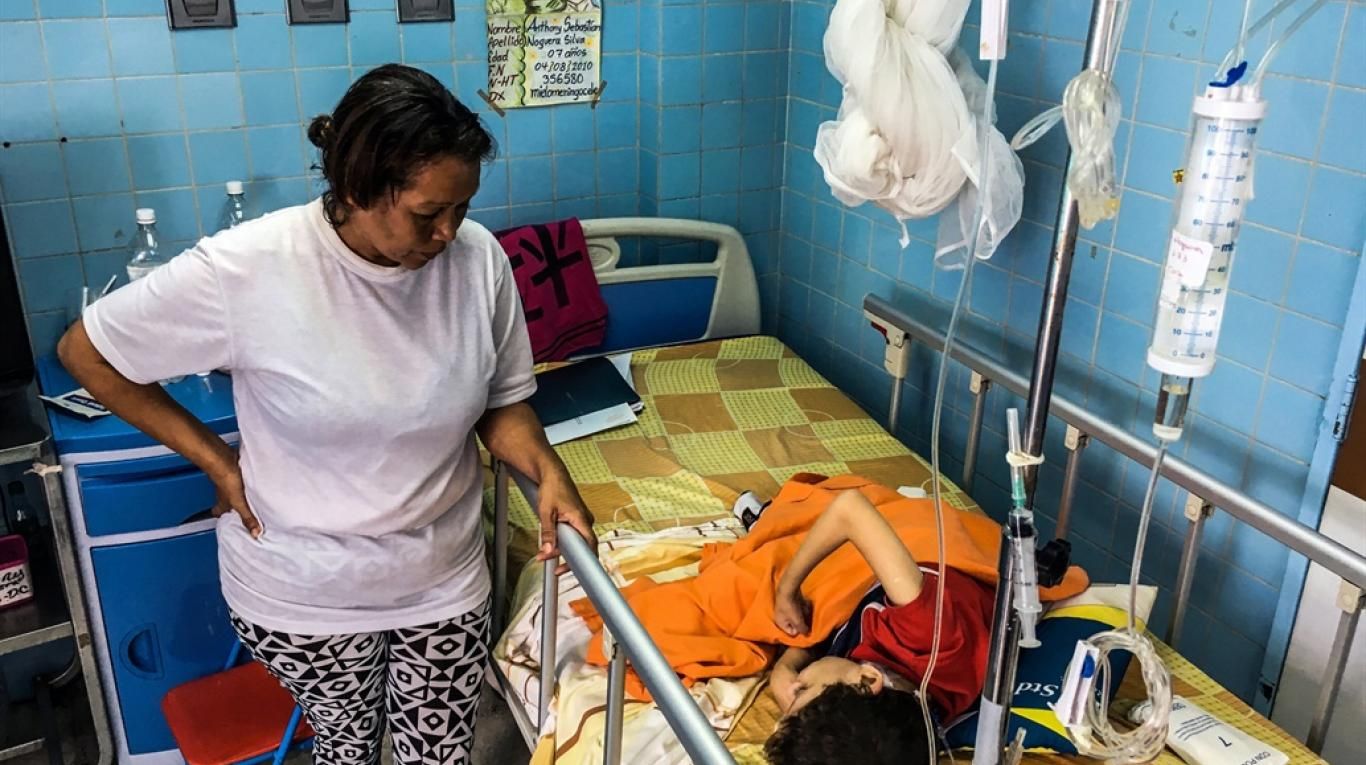
An article by Michelle Tanner, District Polio Chair.
There have been reports recently of a case of polio in Venezuela. Are they true? The short answer is No. So why did this get this story get into the media?
Finding vaccine-derived virus is usually good, (it means local children have recently received oral polio vaccine), finding wild virus is not (it means someone locally is infected with polio).
The second aspect of surveillance is that, in developing countries, health providers are required to report every case of what is referred to as ‘acute flaccid paralysis’ or AFP. AFP is caused by polio and many other conditions. Every report is thoroughly investigated and in almost every case the cause is not polio. (You can click here for more information and a video on AFP surveillance.) This is what happened in Venezuela, a child presented with AFP. Initial reports indicated that their stool specimen showed the presence of Sabin type 3 poliovirus. This is actually vaccine-derived virus and probably indicated that the patient, or members of their community, had recently been vaccinated. This is probably what reporters picked up on without understanding the difference.
Subsequent investigation confirmed that this patient did not have polio. The AFP was caused by another condition. Click here for the full GPEI explanation.
I urge Rotarians to spread this news within their clubs and beyond. Our communities look to us for information when polio is in the news. A member of the District Polio Committee is available to speak to your club if you would like information on exactly how close we are to ending polio.
Michelle Tanner
District Polio Chair
21 June 2018
